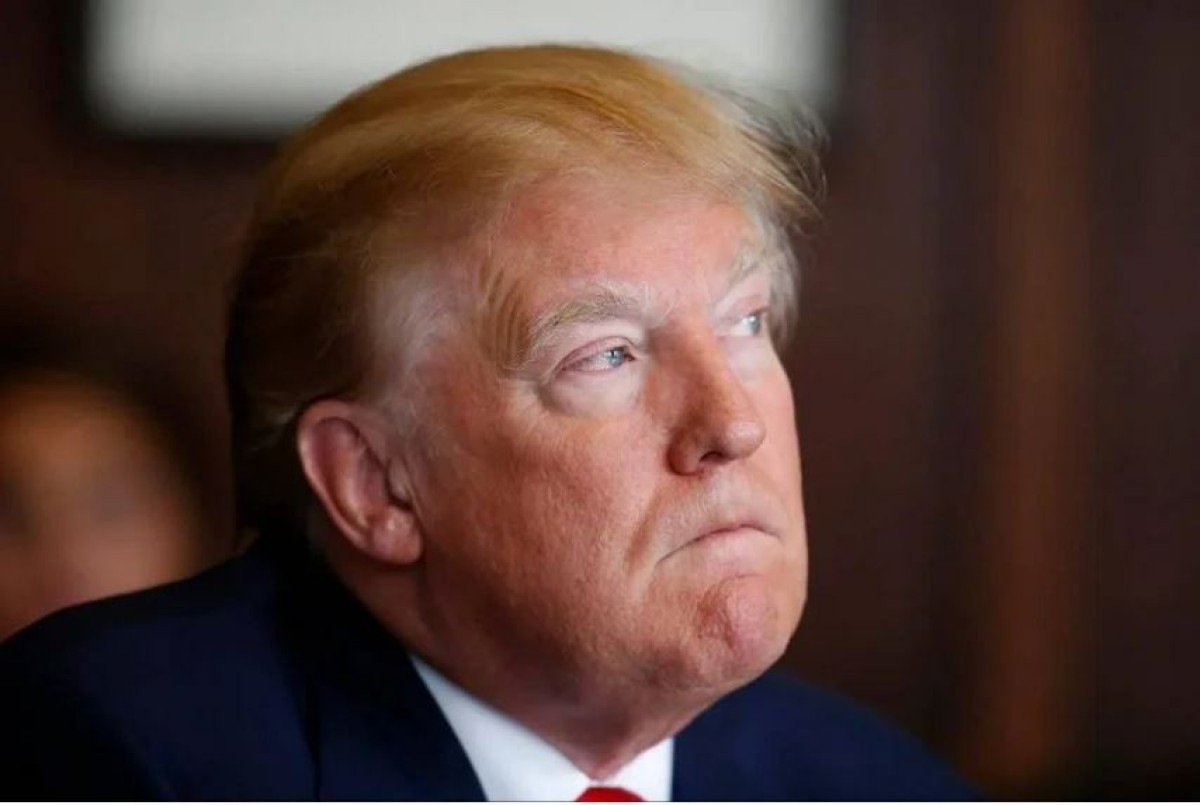 2479
2479
The Shifting Sands of American Politics: Scenarios for Trump's Foreign Policy
The Shifting Sands of American Politics: Scenarios for Trump's Foreign Policy
By: A. Yeganeh
The political landscape of the United States has dramatically shifted with President Biden's resignation, leading to a fierce contest between his vice president and former President Donald Trump. In recent days, analysts have meticulously dissected the distinct policies of these two candidates. According to the electoral statistics disseminated by the Western media, Trump appears to be the frontrunner. Therefore, it is imperative to consider various scenarios for his potential presidency, allowing international players to fortify their positions for another four years under his administration. Herein, we shall scrutinize the hallmarks of Trump's international and foreign policies.
In West Asia, a region the United States has long sought to extricate itself from, the situation remains perilously volatile—a powder keg primed to detonate at any moment. The conflict in occupied Palestine continues unabated, with daily skirmishes escalating the tensions. Trump's proposed resolution, as articulated in his campaign rhetoric, involves reinforcing right-wing Jewish factions, a strategy unlikely to resolve the enduring issues of the region. The recent surge of hostilities along the Lebanon-occupied Palestine border underscores the fragility of the situation, which is poised to deteriorate further.
The so-called Abraham Peace Accords, spearheaded by Jared Kushner, exemplify Trump's approach to normalizing relations between Arab states and the Zionist regime. However, the persistent violence in Gaza exerts immense social pressure on Arab governments, hindering their ability to openly align with Israel. This dynamic could potentially erode the relationship between Arab nations and the United States.
Turning to Europe, a region historically fraught with tension during Trump's previous term, we anticipate renewed friction. European nations, prioritizing their autonomy in military and economic matters, are likely to clash with the US, especially amidst the ongoing Ukraine-Russia conflict. Given Trump's amicable rapport with Putin, a strain in US-European relations seems inevitable.
China, Russia, and Iran represent a pivotal axis in the shifting landscape of global power. Trump's past interactions with these nations have been marked by unique strategies: imposing heavy tariffs on China, exerting immense pressure on Iran to force negotiations, and fostering a peculiar camaraderie with Russia. However, 2024 is a far cry from 2016. The political dynamics of these Eastern powers have evolved, and the US no longer wields unchallenged influence. These countries are consolidating their strength and expanding their alliances across continents. Trump's possible response might be to brandish an iron fist, yet the growing might of these Eastern nations may compel him to adopt a more conciliatory stance.
In summary, Trump's return to power does not promise a reinvention of his overarching policies. In 2024, he will face a markedly different global order, both domestically and internationally. His administration will likely adopt a more nuanced and strategic approach to foreign policy. The Eastern Axis countries must remain vigilant and adaptable in the face of these potential shifts in Washington's tactics.
 2479
2479
Comment
Post a comment for this article